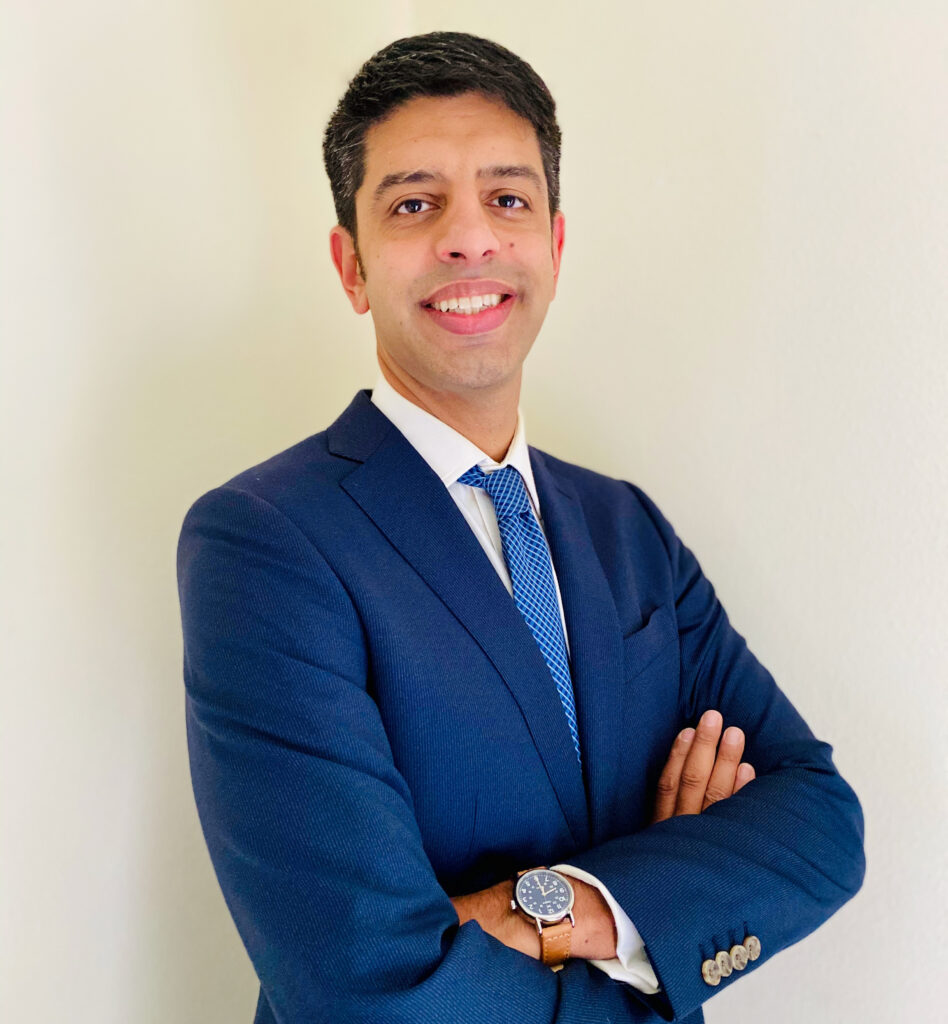Innovation has its greatest impact when it’s applied at scale. And the intersection of innovation and scale is where Acadia Healthcare’s (Nasdaq: ACHC) new division president, Nasser Khan, wants to be.
Driven by curiosity, the Rhode Islander wanted answers to questions about the health care industry that he couldn’t find in his previous life as a physician-scientist. How do things really work? Why don’t certain things work? How do you make the most of a possible solution?
He joined DaVita Inc. (NYSE: DVA), a giant kidney care services provider, in 2012. There, he had a key realization. Khan learned that the tiny portion of Medicare enrollees with end-stage renal disease (0.8%) accounted for 8.3% of all Medicare spending.
It brought to mind the Pareto principle — also called the 80-20 rule — that basically states that 80% of outcomes come from 20% of happenings.
“How do you find the chunk of the problem where you focus outsized energy?” Khan told Behavioral Health Business. “In the case of dialysis, it’s a relatively small patient population, but it has an enormous impact on the health care system.”
“So I think that trend, that curiosity, and that attraction to that kind of a problem continued throughout while taking this [realization] to other industries and spaces,” Khan continued.
After completing an internal medicine residency at Massachusetts General Hospital, he started working for the global consulting firm McKinsey & Co.
But he wanted to work at the point of care, innovating the management and delivery of health services. That was the attraction to DaVita.
 Acadia Healthcare Co. Inc.
Acadia Healthcare Co. Inc.After working for DaVita in a handful of roles for five years, he jumped into an R&D leadership role with a startup called Biograph.
Based in the San Francisco Bay, Biograph sought to reimagine preventative health through health care technology.
“I had always wanted to work at the very earliest stages of innovation,” Khan said. “What I found is I enjoyed the innovation process; it fascinated me.”
But leading and growing a small company emphasized the importance of scale, leading him to join the nationally scaled specialty pharmacy company Shield Health Solutions.
The PE giant Welsh, Carson, Anderson & Stowe sold Shields Health Solutions to Walgreens Boots Alliance Inc. (Nasdaq: WBA) in September 2021. While at Shields, Khan worked as the senior vice president of operations.
Khan’s interest in addressing challenges with a disproportionate impact with scale and innovation led him to consider behavioral health and addiction treatment specifically.
His task at Acadia Healthcare
This brought him to his present role with Franklin, Tennessee-based Acadia Healthcare. In September, he was appointed operations group president of comprehensive treatment centers (CTCs).
CTCs make up about 60% of Acadia Healthcare’s footprint. They provide medication-assisted treatment as well as mental health, medical and social support services.
Acadia Healthcare is the largest pure-play behavioral health provider in the U.S. It operates 242 facilities with about 10,800 beds in 39 states and Puerto Rico, according to its latest financial disclosure. About 145 of the facilities are CTCs.
In 2021, Acadia Healthcare’s annual revenue totaled $2.31 billion. A little over a third of the company’s revenue comes from CTCs.
The company also operates inpatient psychiatric hospitals, residential treatment centers and outpatient clinics.
“I think a large-scale player that’s well-integrated is the only way that you’re going to be able to fully service the patient, or else you end up perpetuating the fragmented environment, which I think is always a challenge in our healthcare system,” Khan said.
The Pareto principle throughline applies to behavioral health, Khan said.
People with mental health or substance use disorders (SUDs) represent 57% of the top 10% of most costly insurance plan members, according to a study by Milliman. Within the total population studied, 27% had any mental health disorders or SUDs.
About 6% of the total population had mental health disorders or SUDs and were among the most costly plan members. This group alone drove 44% of the total health care costs.
“If you’re not familiar with the space, you might think addiction is a small problem that … there is an inherent not-like-me, us-them dichotomy,” Khan said. “Get closer to the problem and you realize this is everyone’s problem and the magnitude of it.”
Looking forward, Khan’s objectives largely fall into two categories — increasing access to SUD treatment and improving the working environment for CTC staff.
“In opioid use disorder, only one in 10 people are getting that access to the gold standard therapy, medication-assisted treatment,” Khan said. “First and foremost, I have a very clear growth mandate to expand care to the nine out of 10 people that aren’t getting that treatment.”
This could include new outreach efforts, innovation in patient engagement and improving patient treatment models.
Growth efforts also require Acadia Healthcare to take on the role of educator to other stakeholders in the health care system. These efforts are aimed at taking down stigma and misconceptions of behavioral health treatment and the people that seek it.
Acadia Healthcare CEO Christopher Hunter has previously said Acadia would become a “proactive acquirer” in the space.
“We’ve got a crisis on the staffing and care delivery side of things,” Khan said. “We need to excite and energize people to come into our field. We need to realign [employees] with the mission orientation that got them to want to be caregivers in the first place. That’s through … what we can do to reduce the friction in their day and to refocus them on what they do best.”
The objective on the workforce front is to make Acadia Healthcare CTCs a “world-glass environment,” Khan said.
Companies featured in this article:
Acadia Healthcare, DaVita, Shield Health Solutions, Walgreens Boots Alliance



